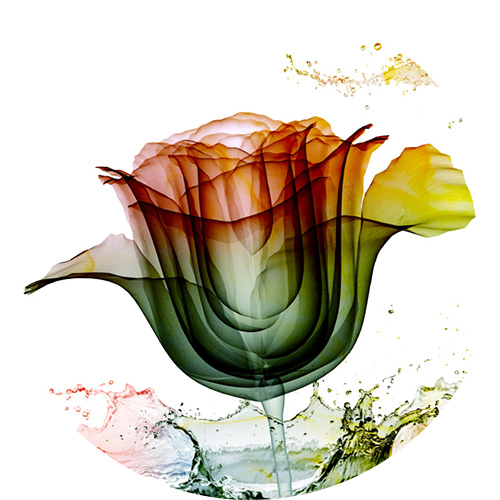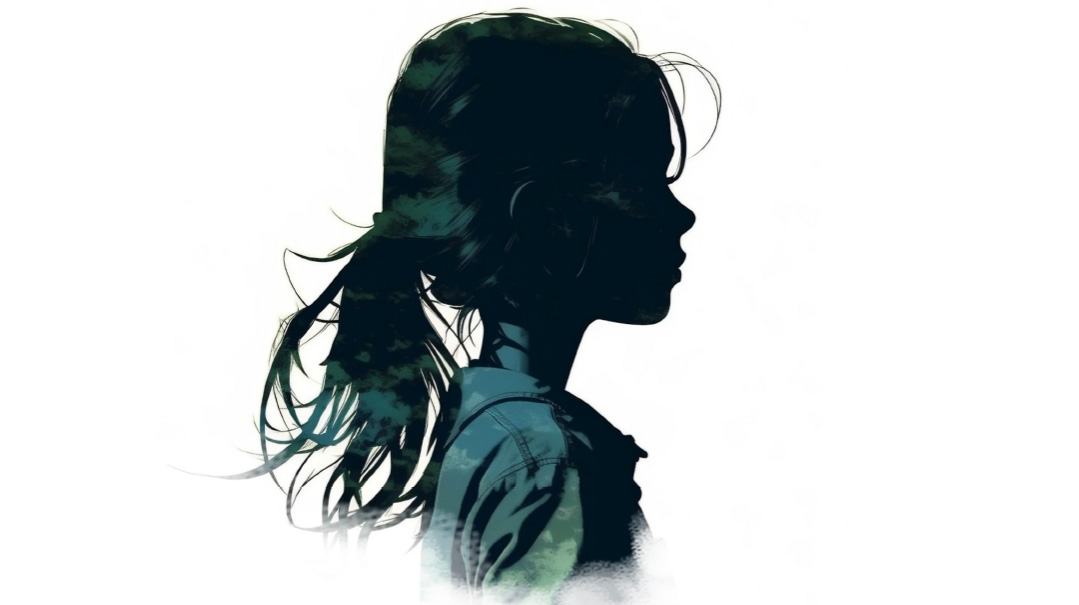Vered’s Story: Chapter 7
| December 13, 2022You teach Jewish subjects in a Bais Yaakov, how could you not know how to answer my simple question?

We’d made it: we lived in a large, frum community, and with my bas mitzvah a beautiful memory, I began Bais Yaakov. The years of homeschooling with my mother had kept my secular studies up to par, while the many hours with Rebbetzin Samberg had done their part in bringing the level of my Jewish studies to where it needed to be. She’d prepared me so well that when my new school offered to start me off in the lower track, I felt totally confident telling them that I was sure I’d do well in the higher track.
Starting school in a Bais Yaakov environment was a fascinating experience. Scholastically, I did very well; Rebbetzin Samberg’s hard work and my own tenacity were apparent. But there was so much more than knowing how to read Rashi and make my way around the meforshim.
Like the silly, small stuff that didn’t seem so silly or small in the moment. Like the entire class already knowing about the Bigdei Kehunah. I wasn’t familiar with the term. Well, I knew “kehunah,” but I had never heard the term “Bigdei Kehunah.” I thought the teacher was saying “big day kehuna.” I didn’t know what she was talking about, but I figured that over the last few years I’d learned and absorbed so much, it was understandable if I somehow missed whatever this Big Day for Kohanim was all about. I was quite confused about it for a while. Only after I saw it in writing did my confusion clear. Oh… the bigdei kehunah… the Kohanim’s clothing… got it.
Then there was my assumption that teachers in a Bais Yaakov school would know everything. How could they not? They were Jewish studies teachers! Experts! One example stands out clearly in my memory. I came into Bais Yaakov very proud of the fact that I was a convert. It had never occurred to me to hide it. So when our biur tefillah teacher spoke about the brachah of shelo asani goy, I was quick to ask if the same nusach was used by those who were not born Jewish and had converted to Judaism. Looking back, she was so young, as she stood there in front of the class and mumbled, “What… what?” But it was a huge moment for me. I was like, this is such a basic question, and you are supposed to be an expert, you teach Jewish subjects in a Bais Yaakov, how could you not know how to answer my simple question?
And then there was the teacher who taught Ma’agal Hashanah. Apparently, it was the class’s third year with the same teacher, and apparently, she actually used the same tests every year. This being my classmate’s third year, they knew exactly what to expect and what the correct answers were. Some girls expressed amazement that I was studying for the test. “It’s soooo easy,” one girl said. “Why are you bothering to study?” I had to explain to her that this was not my third time taking this test and that for me, some of the material was completely new.
When midterms rolled around, I had to study like crazy. Even tests that were considered easy demanded a lot of memorization because we were expected to answer in Hebrew. So I crammed and memorized strings of Hebrew words, sentences that had no meaning to me. I didn’t know what they meant, I just knew they were the correct answers, so I spent until midnight memorizing text (I knew what the English answers meant! I just had to memorize the Hebrew translations). I did well on the exams, but it was stressful.
But even those things could not compare to the social scene. All the unwritten rules, practically secret codes, as though everyone shared the same nonexistent guidebook and studied it as carefully as I studied hilchos Shabbos. I tried to figure out how to fit in, and learned how to do my hair like everyone else, though I was kind of confused as to why we were all trying to be clones of each other. I suppose it was preparing me for my next experience in a Jewish environment… sleepaway camp.
to be continued...
(Originally featured in Mishpacha Jr., Issue 940)
Oops! We could not locate your form.


